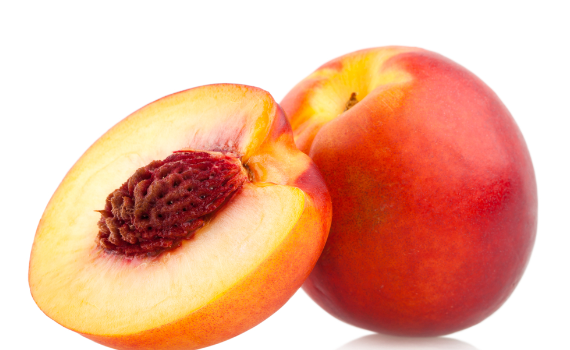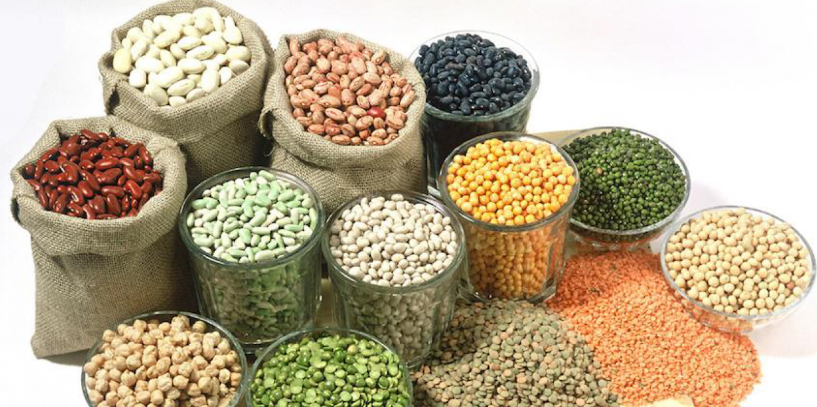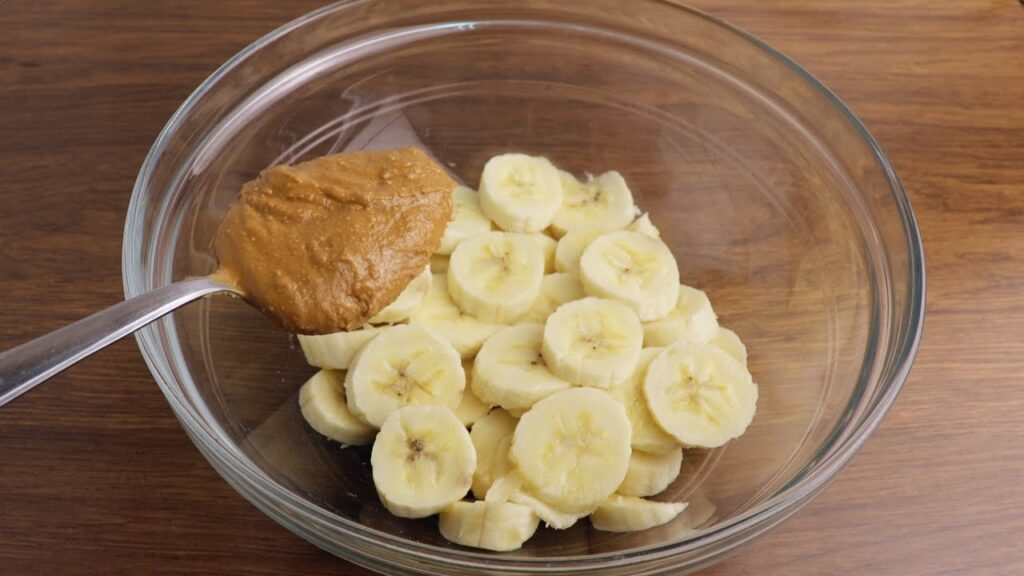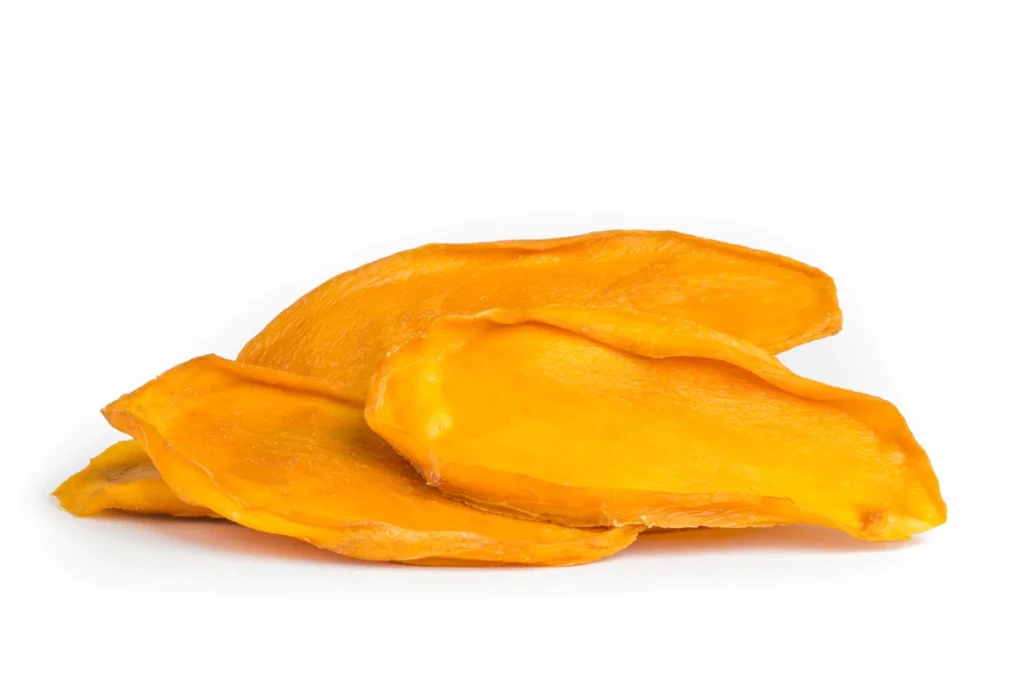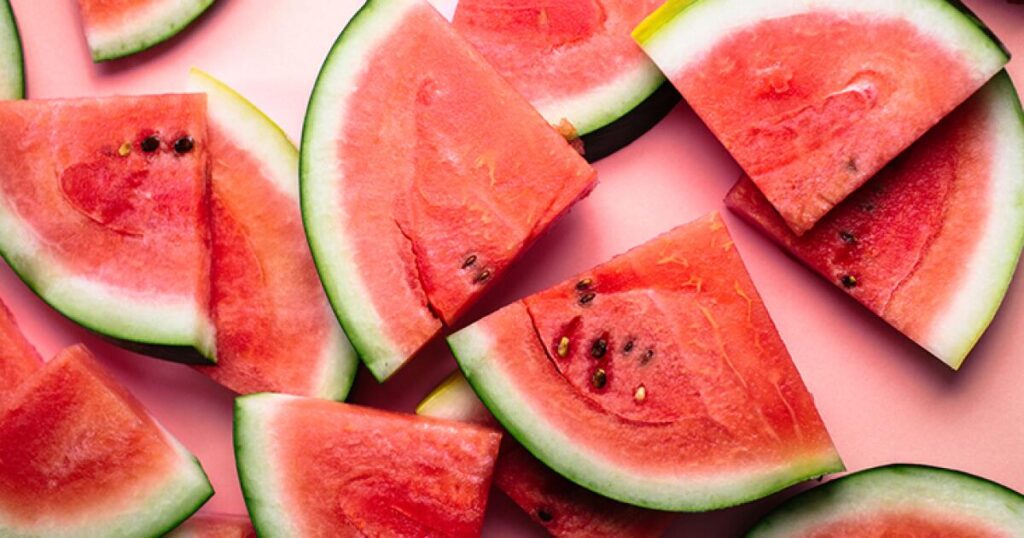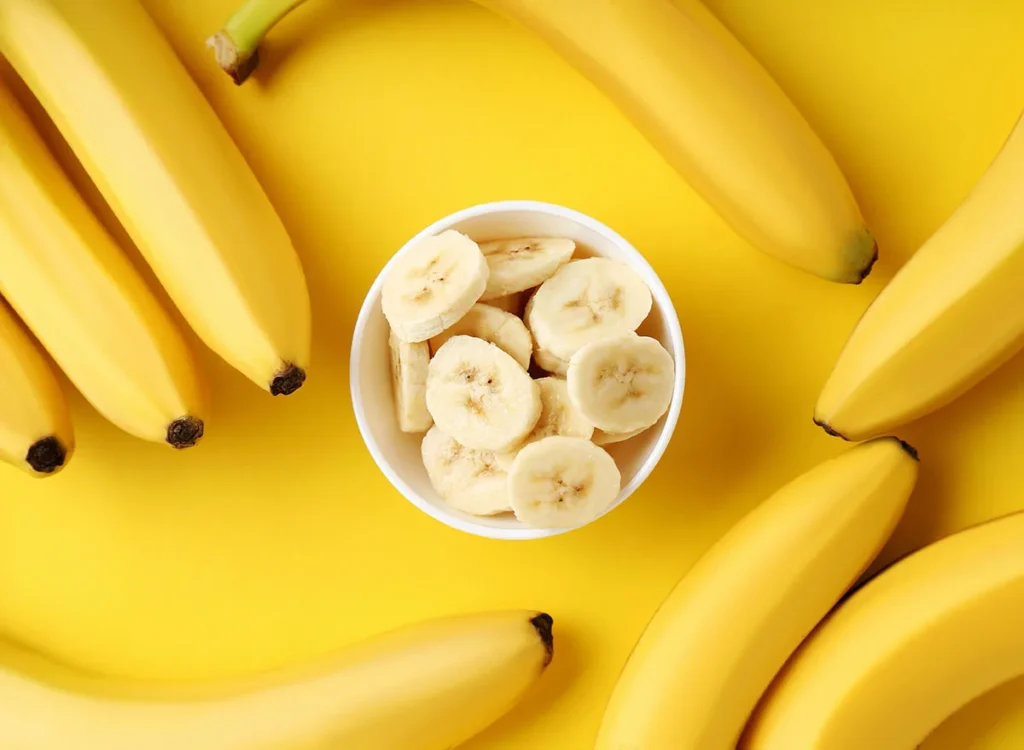When it comes to apples and teeth, there’s a lot to think about. People often think eating apples might not be good for teeth, but it’s not that simple. The truth is, a bunch of things like what kind of apples you eat, how you eat them, and what’s in them all play a role in how they affect your teeth.
This article will look into all of this and shed light on the real story of apples and dental health.
We’re going to check out different apples, the best ways to eat them, and the good stuff they’ve got in them that might impact your teeth. So let’s jump in and see if apples are really friends or foes to our pearly whites.
Table of Contents
- What’s in Apples That’s Good for Teeth?
- Do Apples Affect Tooth Enamel?
- Different Apples and Their Impact on Teeth
- The Sugar in Apples and Your Teeth
- Apple Acidity and Tooth Decay: What’s the Connection?
- Tips for Taking Care of Your Teeth After Eating Apples
- Why apples are good for your teeth
- Frequently Asked Questions
- Are apples good for your teeth?
- Do apples cause tooth decay?
- Should I brush my teeth after eating apples?
- Is eating apples bad for your gums?
- Apples and Teeth: Good or Bad?
What’s in Apples That’s Good for Teeth?
Snacking on apples can be really good for your teeth because they’re packed with nutrients that might help keep your mouth healthy:
- Vitamin C: Super important for keeping gums in top shape and fighting off gum disease and tooth loss.
- Calcium: While apples aren’t full of calcium, eating them with other foods that are can help strengthen teeth and bones.
- Fiber: Fiber is awesome because it gets your saliva going, which helps take care of acid in your mouth.
- Phosphorus: Like calcium, apples don’t have a lot of phosphorus, but eating them with foods that do can help your dental health.
- Potassium: Potassium helps balance acid levels in your mouth and keeps your oral cavity well-hydrated.
Eating apples can be a plus for keeping your mouth clean, but it’s best to enjoy them in a smart way and always keep up with your teeth-cleaning habits to stay in tip-top dental shape.
Do Apples Affect Tooth Enamel?
Apples can do good things and not-so-good things for tooth enamel, and a bunch of different things will decide which it is. The kind of apples, how you eat them, and your own teeth’s health all come into play.
Chewing apples can kick saliva production into higher gear, which helps wash away those bad acids and food bits that could lead to cavities. But on the flip side, eating too many apples or super sour ones can rough up the enamel, making your teeth more open to decay and sensitivity.
Remember that factors like the different kinds of apples and how you prepare them, plus your own dental health, all matter when figuring out the effect apples have on enamel.
Different Apples and Their Impact on Teeth
Not all apples are created equal, especially when it comes to your teeth. For example, Granny Smith apples are pretty tart and acidic. On the other hand, Golden Delicious apples are often a lot less acidic. Sweetness levels differ too, and too much sugar from any source ups the risk of tooth decay.
How you prepare apples can change things up as well. Cooking or turning apples into juice or applesauce usually ups the sugar content, which isn’t great for teeth.
To be kinder to your teeth, go for apples that are lower in acidity and sugar. And remember, raw apples can be great for stimulating saliva, which helps keep your mouth’s acid in check.
The Sugar in Apples and Your Teeth
Apples do have sugar, and eating a lot of sugar isn’t great for teeth. That’s because mouth bacteria turn sugar into acid, which can eat away at your tooth enamel. But different sugars have different effects, and apples have fructose, a sugar that’s not as rough on teeth as some other kinds like sucrose and glucose.
Plus, apples have tons of fiber and water. These help to make sure the sugar doesn’t stick around on your teeth for too long.
Apples can still be part of a good diet as long as you don’t go overboard. And to keep your smile safe, it’s smart to brush and floss regularly and cut back on sugary snacks and drinks.
Apple Acidity and Tooth Decay: What’s the Connection?
Apples have a bit of acid in them, with a pH level usually between 3.3 and 4.0. This can erode tooth enamel a little, and if you eat them a lot or often, your teeth could be at a higher risk for decay. But it’s not really about the acid itself—it’s about how much and how often you’re chomping on apples.
To cut down the chances of decay, swish some water around in your mouth after you finish an apple, and wait a half hour before brushing. This gives your enamel a chance to toughen back up. It’s also a good idea to watch how much and often you’re eating acidic stuff like apples to protect your teeth from any damage.
Tips for Taking Care of Your Teeth After Eating Apples
Here are 8 ways to look after your teeth once you’ve had an apple:
- Rinse with water: Swishing water can wash away bits of food and balance out acid levels in your mouth.
- Wait before brushing:
- Drink lots of water: Drinking water every day is good for washing out bits of food and keeping your mouth moist.
- Less sugar and acid: Cut down on sugary and acidic foods for healthier teeth; eating a mix of foods is best!
- Stay clean: Brush and floss often, and see your dentist for check-ups to stop cavities and tooth problems.
- Clean your tongue too: Brush your tongue when you brush your teeth to get rid of bacteria that stay there.
- Try an electric or whitening toothbrush: These can really help make your teeth cleaner and whiter.
Why apples are good for your teeth
When you eat apples, they’re good for your teeth in these ways:
- Make more saliva: Crunchy apples help make more saliva in your mouth, which washes away acid and food bits.
- Brush your teeth naturally: The fibers in apples act like a toothbrush, cleaning your teeth and gums as you eat them.
- Stop acid attacks: Apples have a lot of water, which helps stop acid in your mouth from harming your teeth’s outer layer.
- Keep your mouth hydrated: Since apples have so much water, they help keep your mouth’s water levels good.
- Give you vitamins: Apples are full of Vitamin C and fiber, both important for having a healthy mouth.
Still, even with these awesome apple benefits, it’s still super important to have a variety in your diet and take care of your teeth by brushing, flossing, and seeing the dentist regularly to keep your mouth happy.
Frequently Asked Questions
Are apples good for your teeth?
Apples are really good for keeping your mouth healthy because they increase saliva, help brush your teeth, reduce acids, keep your mouth moist, and offer nutrients.
But remember, eat apples along with different foods and don’t forget to brush your teeth twice a day and to floss after meals or snacks for the best tooth health.Do apples cause tooth decay?
While apples do have their own sugars and acids that could hurt your teeth if you have too much and don’t brush enough, they’re usually fine if you eat them with other foods, keep up with brushing and flossing, and go for dental cleanings. This keeps your teeth safe from decay and helps them stay strong and healthy.Should I brush my teeth after eating apples?
It’s a good idea to wait a little while before brushing your teeth after you eat apples, about 30 minutes. This lets your tooth enamel get tough again. If you brush too soon, you could spread the apple acid in your mouth and it could wear down your enamel.Is eating apples bad for your gums?
Eating apples can be good for your gums. They help your mouth make more saliva, which can stop harmful acids and clean away food bits. But eating too many apples or not brushing and flossing well can lead to tooth and gum issues.
To keep your gums healthy, it’s good to eat apples as part of a balanced diet, brush your teeth twice daily, and floss regularly.Apples and Teeth: Good or Bad?
Apples can either help or hurt your teeth. This depends on how often and how much you eat them, how well you keep up your dental hygiene, and other things that might make tooth decay happen.
Eating apples in the right amount as part of a well-rounded diet can be good for your teeth. Apples have lots of ways they can help, like making more saliva, cleaning your teeth, keeping acid in check, keeping your mouth moist, and providing nutrients. But eating too many apples or not cleaning your teeth could mean trouble, like tooth decay, because apples have natural sugars and acids.
AdvertisementsTo keep your smile looking great, make sure you have a solid daily tooth-cleaning routine with brushing and flossing and go to the dentist from time to time for a professional cleaning. Only brush your teeth after waiting 30 minutes when you’ve eaten apples, so your enamel has a chance to get stronger again.



